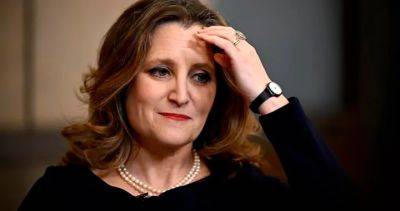Do Ottawa's proposed capital gains tax changes affect inherited properties?
The federal government's budget proposal to increase the inclusion rate for the capital gains tax for people whose profits go past a certain threshold has drawn mixed reactions from experts, entrepreneurs and taxpayers.
One asset affected by these changes is real estate, including cottages and investment homes.
The change proposed in the Trudeau government's new budget would raise the inclusion rate to 67 per cent on capital gains above $250,000 for individuals.
So for the first $250,000 in capital gains, an individual taxpayer would continue to pay tax on 50 per cent of the asset's gain. For every dollar beyond $250,000, two-thirds would be taxable.
So what does this mean for someone who inherits a home and considers selling it?
CBC News asked tax experts and lawyers to explain.
I'm inheriting my parents' house. Am I affected?
If your parents are leaving you the home they live in, and it's the only property they own, it will be exempt from the capital gains tax when it transfers to you.
The 2024 budget maintains a capital gains exemption for people selling their primary home.
Mark Weisleder, a senior partner at Real Estate Lawyers.ca LLP, said that when people pass away, some of their assets are considered «sold» on their date of death.
In this scenario, your parents' primary home is being «sold» to you as the beneficiary, meaning there are no capital gains because of the exemption. But other tax consequences might apply.
Weisleder said he's «delighted» the federal government did not change the primary home exemption because, «for many Canadians, that's their retirement plan.»
«They buy a home, they live in it for 30 years tax-free. That's their retirement when they sell it,» Weisleder said.
But if your parents own an investment





